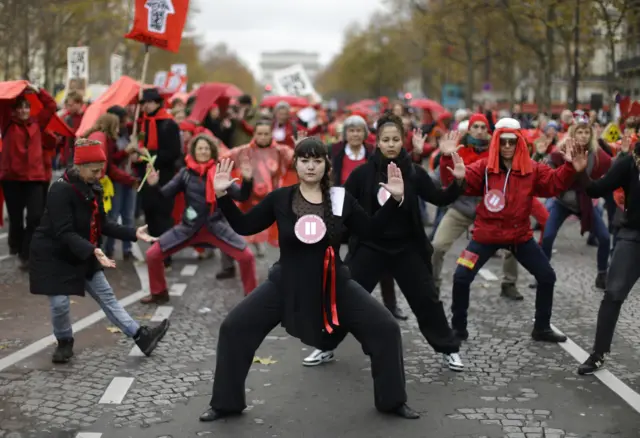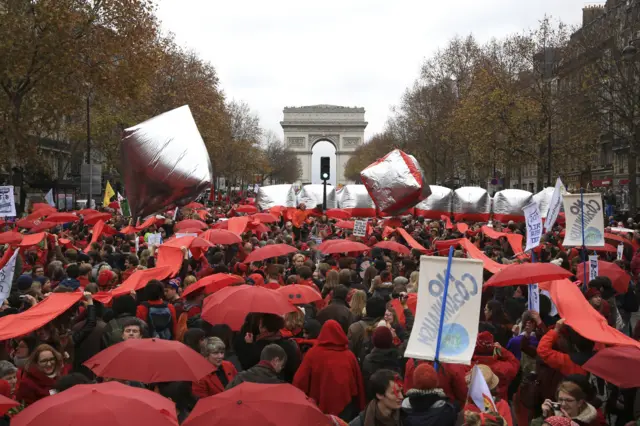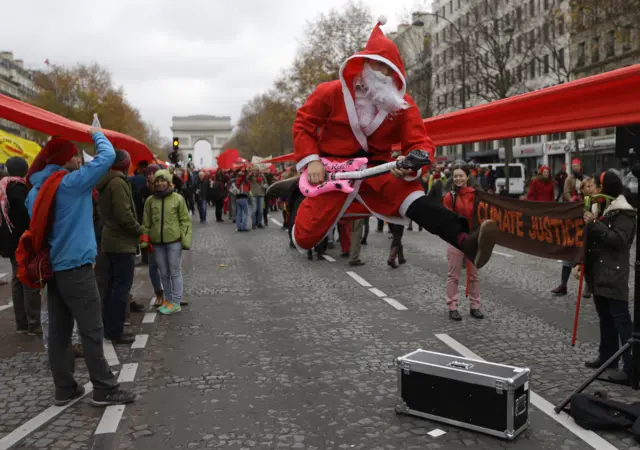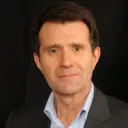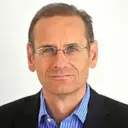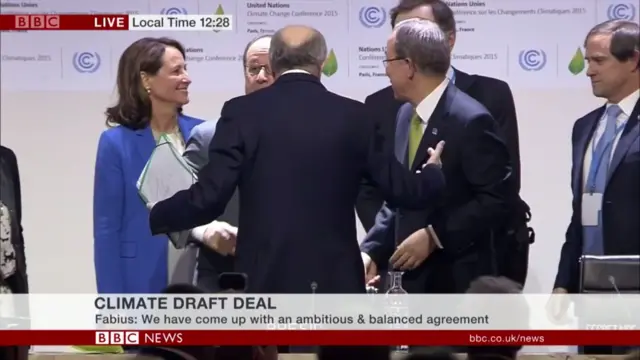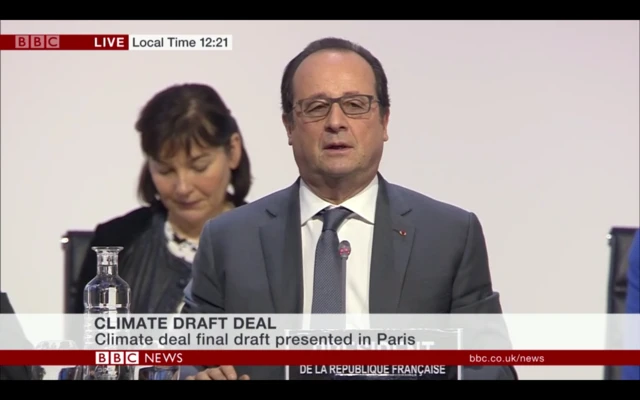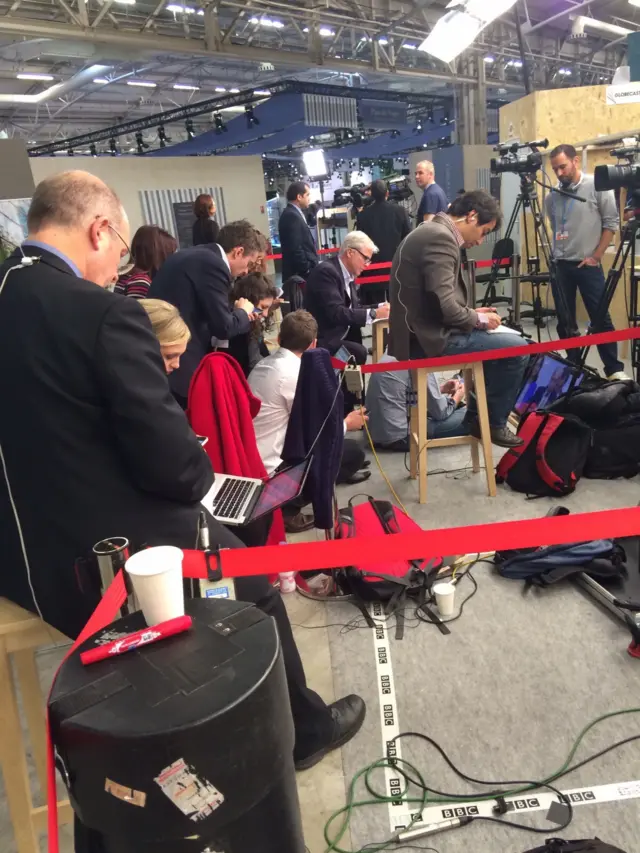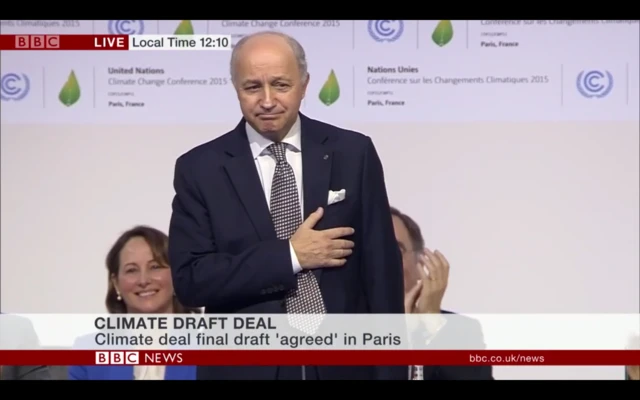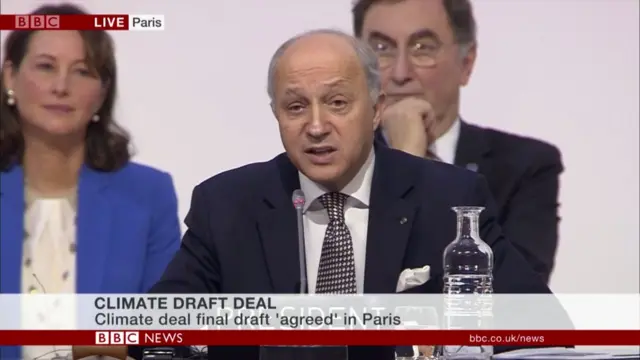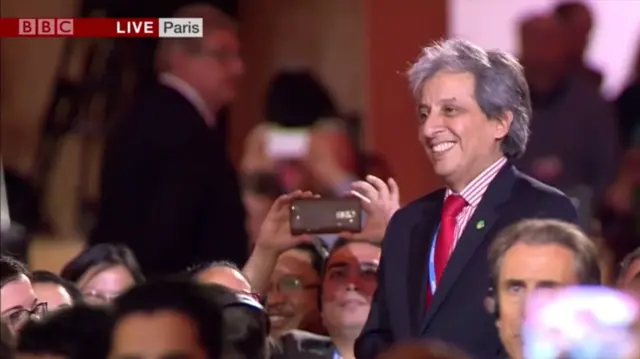Forward momentum but the deal is not yet donepublished at 13:12
 Jonathan Webb
Jonathan Webb
Science reporter, BBC News
There was celebration and grand rhetoric in the speeches that preceded this text. And today does promise to be historic, as the leaders declared.
A document that is expected to become the first truly global climate deal has just been released.
Allow X content?
This article contains content provided by X. We ask for your permission before anything is loaded, as they may be using cookies and other technologies. You may want to read X’s cookie policy, external and privacy policy, external before accepting. To view this content choose ‘accept and continue’.
The French secretariat hopes it will be the final version - but they cannot guarantee it.
Their management of this meeting so far has been very astute, however. Most observers think Laurent Fabius and his team would not be calling this draft "final" if it faced any real risk of failure.
Nonetheless, we cannot be certain that the meeting now timetabled for 15:45 in Paris (14:45 GMT) will simply wave the deal through.
Many countries may want their point of view to be aired, even if they do not call for alterations to the document.
And it is worth remembering that this agreement simply enshrines a large and varied collection of individual national pledges. The UN's own assessment of those pledges was that they would not keep global warming below 2C.
So the future oversight of this deal, and the will to step up those pledges, are crucial.
